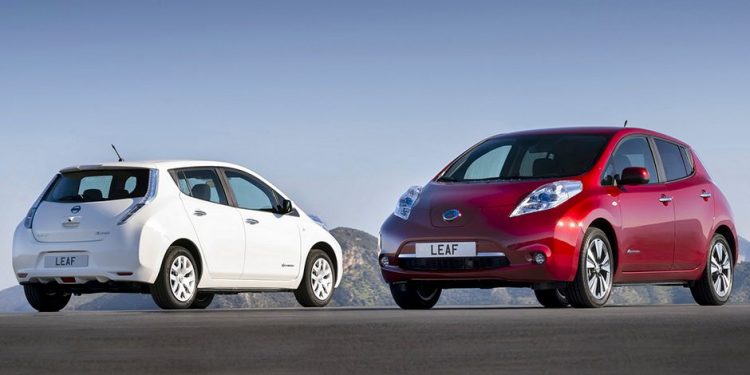Climate Commission wants NZ to import more EVs
As the New Zealand Government edges slowly to its inevitable next announcement around internal combustion engines and their local future, the Climate Change Commission has urged for a push in electric car imports.
Chairman of the commission, Dr Rod Carr, issued a statement earlier this week calling for electric vehicles to account for over half of the country’s vehicle imports by 2028 — saying that making this happen is critical to achieving New Zealand’s climate goals.
“We need to change the way we build and plan our towns and cities and the way people and products move around,” he said.
“This includes making walking and cycling easier with good cycleways and footpaths. It means moving freight off the road and onto rail and shipping. It means reliable and affordable public and shared transport systems. And it means an electric or low-emissions transport fleet.
“We need to almost eliminate fossil fuels. This means ending the use of coal for producing heat, where biofuels and electricity are feasible such as in heating the spaces we live and work in and in generating low and medium temperature heat for industry.”
The commission has made several recommendations to the government around what to do with cars and the lowering of emissions. These include the notion of banning the sale of new petrol and diesel vehicles in New Zealand in 2035, and banning ICE grey imports earlier still.
The commission has suggested that the government will need to issue incentives of some kind in order to make these numbers viable.
This dovetails with calls from various industry groups and companies — including Toyota New Zealand, European Motor Distributors Group, and the Motor Industry Association — to bring about a ‘feebate’ structure or similar.
New Zealand’s most popular electric car import is the Nissan Leaf, thanks to its low cost of entry, practicality, and prolific profile on our roads. Prices on first-generation Leafs start at just over $10,000.





